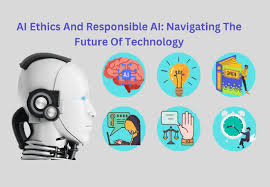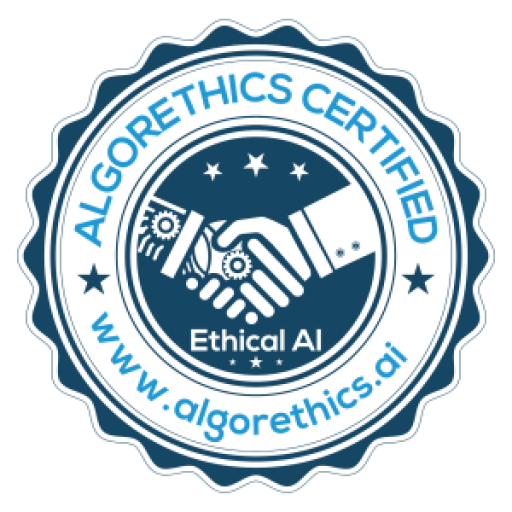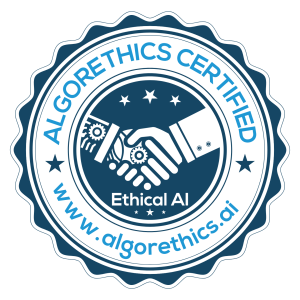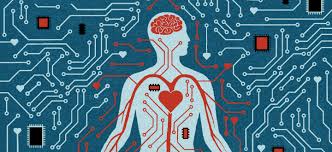As per a Gartner survey, AI is now crucial in HR, with 76% of HR leaders fearing organizational setbacks without AI adoption, including generative AI, in the next 12 to 24 months.
In recent years, the rise of automation and Artificial Intelligence has revolutionized various industries, and Human Resource is no exception. HR technology has the potential to streamline processes, increase efficiency, and enhance decision-making. However, as we embrace the benefits of automation, we must also grapple with the ethical implications of these advancements. As per a Gartner survey, AI is now crucial in HR, with 76% of HR leaders fearing organizational setbacks without AI adoption, including generative AI, in the next 12 to 24 months. However, concerns arise as automated hiring processes, replacing human recruiters with algorithms, may diminish the human touch, impacting interactions between employers and employees or applicants. This article delves into the intricate equilibrium between automation and ethical considerations when implementing HR technology and offers insights into how IT firms can manage these complexities.
The Advantages of HR Automation
Automation in HR brings numerous benefits to both companies and employees. From simplifying the recruitment process to optimizing employee onboarding and performance management, HR technology can save valuable time and resources. It enables HR professionals to focus on strategic initiatives around talent development and employee engagement, fostering a more productive work environment.
Moreover, AI-powered tools can enhance decision-making by analyzing vast amounts of data, identifying patterns, and making data-driven predictions. It empowers HR professionals to make informed choices about hiring, promotions, and employee development, contributing to a more agile and competitive organization.
Emphasising Social Responsibility
Despite the undeniable advantages, implementing HR technology raises ethical concerns that must not be overlooked. Social responsibility is a core value for any reputable IT company. As technology plays an increasingly significant role in shaping society, there is a growing obligation to consider the broader impact of automated HR processes.
Data Privacy and Security
Automation comes with vast amounts of sensitive employee data. IT companies must ensure robust data privacy measures are in place to safeguard this information from breaches and unauthorized access. Transparency and clear consent procedures for data collection are essential to maintain employees’ trust and uphold their privacy rights.
Bias and Fairness
The quality of AI algorithms depends on the data that trains them. When historical data contains biases, they may persist and even magnify in decision-making. IT companies should actively conduct comprehensive audits and fine-tune algorithms to reduce bias and guarantee equitable treatment for all employees.
Job Displacement and Reskilling
As HR automation increases, there is a concern about job displacement, especially for those whose roles are automated. IT companies should address this by investing in reskilling and upskilling programs to equip employees with the skills needed for emerging roles within the company.
Ethical AI Usage
Companies should have clear policies on the ethical usage of AI in HR, emphasizing the importance of human judgment in critical decisions and ensuring that AI is a tool to enhance HR processes, not a substitute for human interaction.
In conclusion, integrating automation into HR technology can bring significant benefits to both IT companies and their employees. However, it is vital to approach this integration with a strong commitment to ethical considerations. As technology advances, the ethical aspects of HR automation become increasingly important. Achieving a balance between automation and ethical responsibility requires collaboration among IT companies, HR professionals, and policymakers. By giving priority to data privacy, addressing biases, investing in employee upskilling, and promoting the ethical use of AI, companies can ensure that automation aligns with their ethical objectives.
Hence, achieving this balance will lead to a more inclusive and equitable workplace. Technology will complement human expertise, empowering HR professionals to make well-informed decisions that benefit both the organization and its workforce.







